Key Issues (Materiality)
Under our mission of “creating value to share with society,” the Mitsubishi Gas Chemical Group is promoting sustainability management, which involves responding flexibly and swiftly to changes in social structure and values.
We created a materiality map using the two axes of “importance to the Company” and “importance to the economy, the environment, and society,” and determined key issues (materiality) that management should address.
Additionally, the material issues are tied to 17 Sustainable Development Goals (SDGs) and 169 targets in the aim of contributing to attainment of the SDGs and realization of a sustainable society.
11 Materiality Issues
Environment
Social
CSV
Contribution to solving social issues through business
 3.9
3.9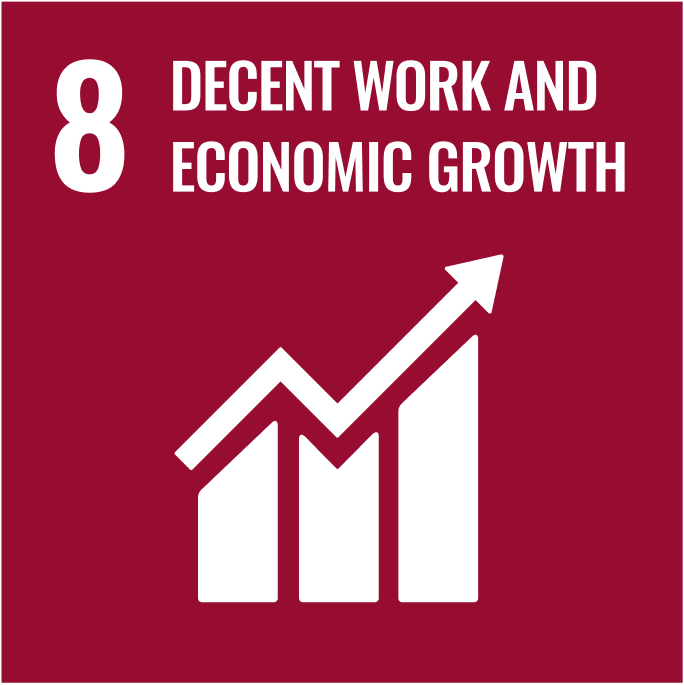 8.2
8.2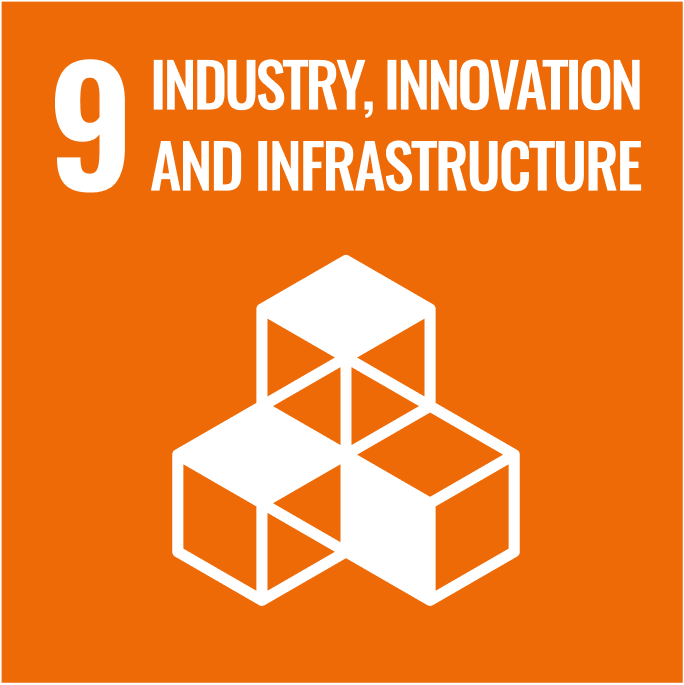 9.4, 9.5
9.4, 9.5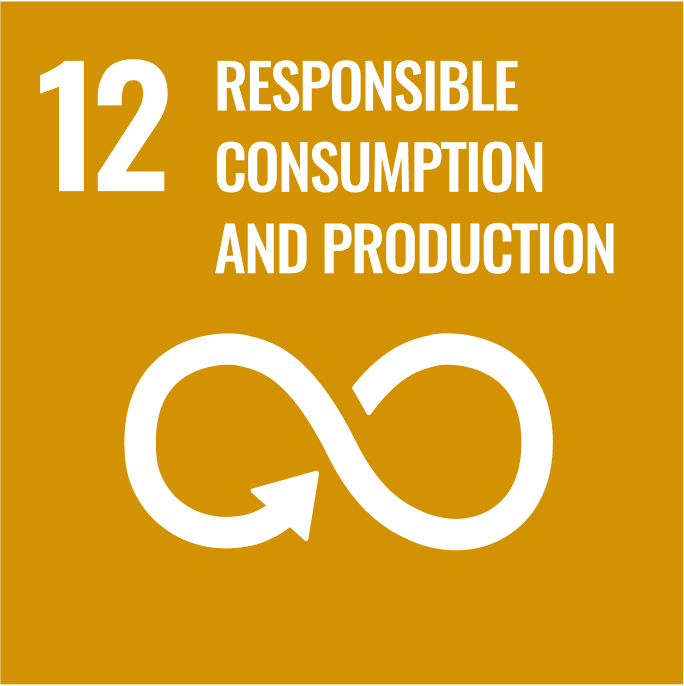 12.3
12.3
Why it is material
Through business and products that balance economic and social value, we will realize our aim of “creating value to share with society.”
Action plan
- Transform business portfolio
- Commercialize products that balance social and economic value
- Create new businesses that contribute to solving social issues
Materiality KPIs
| Grow UP 2026 KPI Sales of MGC Group eco-friendly products |
||
|---|---|---|
Reporting boundary
|
||
| Fiscal 2024¥214.3billion | Fiscal 2026¥270.0billion | Fiscal 2030¥500.0billion |
Promotion of innovative R&D
 8.2
8.2 9.4, 9.5
9.4, 9.5
Why it is material
- Achieve a more resilient business portfolio
- Create new businesses for achieving carbon neutrality
- Promote R&D through use of DX technology
Action plan
- Allocate management resources to differentiating businesses and new/next-generation businesses
- Set solving climate change issues as a strategic research area
- Develop DX human resources into MGC Group research personnel
Materiality KPIs
| Grow UP 2026 KPI Percentage of R&D cost contributing to increased resilience of business portfolio*1 |
||
|---|---|---|
Reporting boundary
|
||
| Fisical 202469% | Fiscal 202660% or higher | Fiscal 203060% or higher |
| Grow UP 2026 KPI Percentage of research personnel contributing to solving climate change issues |
||
|---|---|---|
Reporting boundary
|
||
| Fisical 202433% | Fiscal 202625% or higher | Fiscal 203025% or higher |
| Grow UP 2026 KPI Percentage of DX human resources among research personnel (those who have taken DX fundamentals courses) |
||
|---|---|---|
Reporting boundary
|
||
| Fisical 202479% | Fiscal 202675% | Fiscal 203080% |
- *1 Percentage of total value of R&D expenditure in the differentiating business and new/next-generation business categories
Environment
Proactive response to environmental problems
 3.9
3.9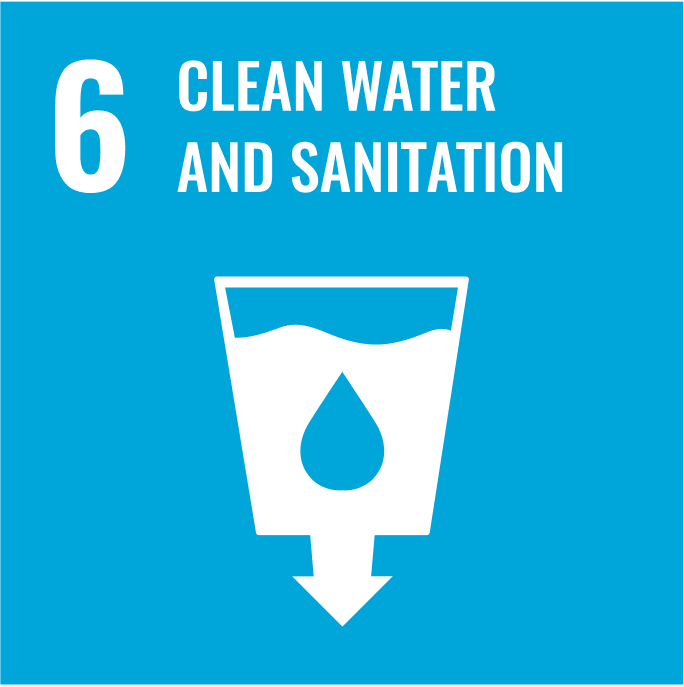 6.3
6.3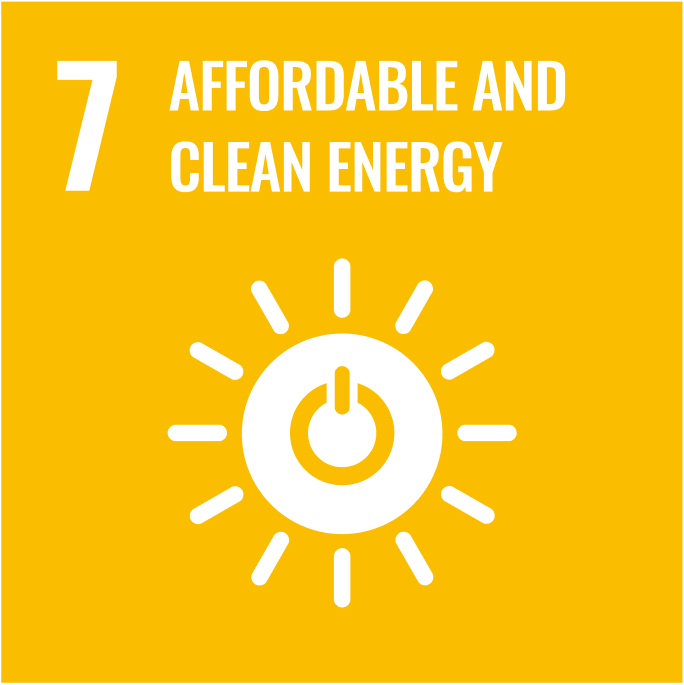 7.2
7.2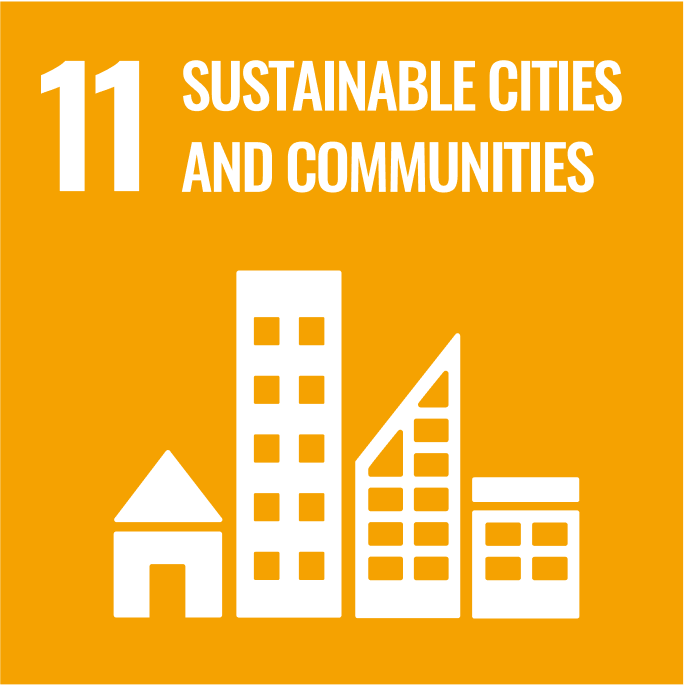 11.6
11.6 12.5
12.5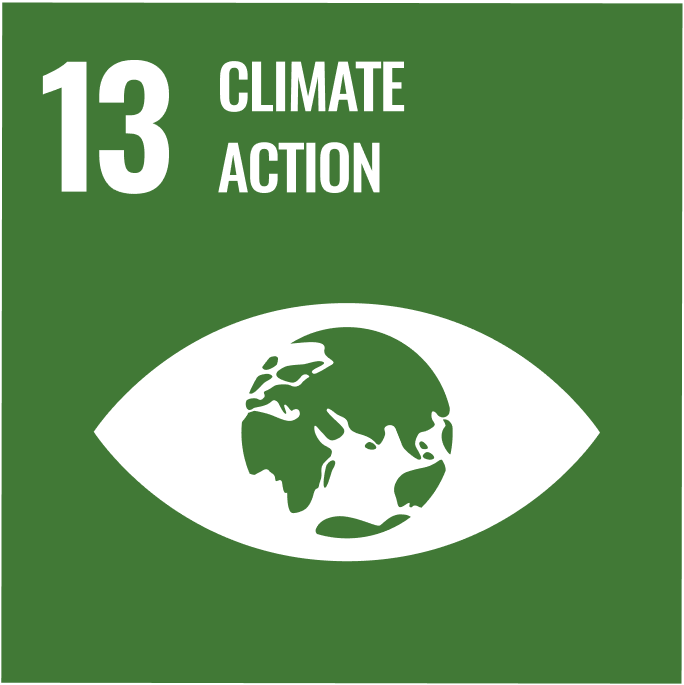 13.3
13.3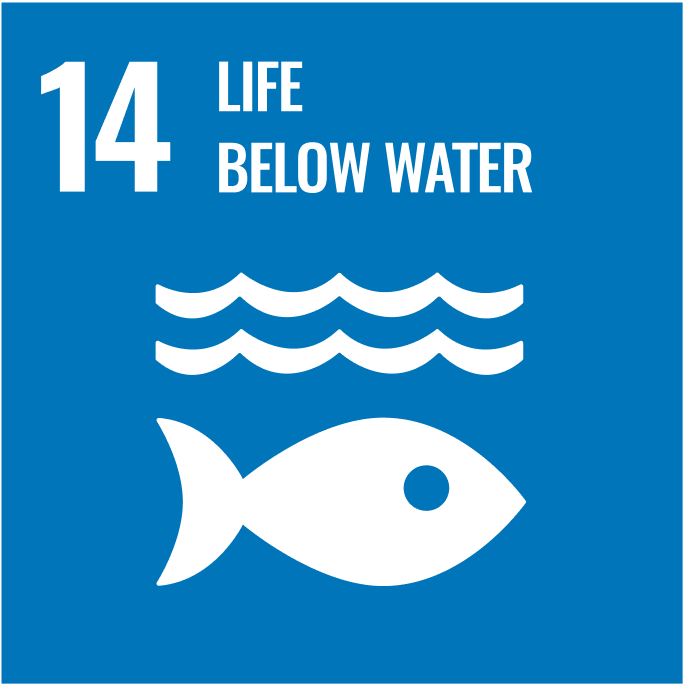 14.1, 14.3
14.1, 14.3
Why it is material
Addressing environmental problems is imperative for all of humanity. Companies must proactively do so as a prerequisite for their existence and activities.
Action plan
- Reduce GHG emissions in the manufacturing process
- Develop and introduce new technologies to help reduce GHG emissions
- Reduce supply chain GHG emissions
Materiality KPIs
| Grow UP 2026 KPI Reduction in GHG emissions(compared to fiscal 2013) |
||
|---|---|---|
Reporting boundary
|
||
| Fisical 202432% | Fiscal 202633% | Fiscal 203039% |
| Grow UP 2026 KPI Zero waste emission rate*2 |
||
|---|---|---|
Reporting boundary
|
||
| Fiscal 20241.1% | Fiscal 20261.2% | Fiscal 20301.0% |
- *2 Amount of final disposal/total amount of industrial waste generated
Highly energy- and resource-efficient production
 7.3
7.3 12.2
12.2
Why it is material
Companies have a responsibility to take countermeasures for environmental issues, and must engage proactively in such activities as they also contribute to increasing the competitiveness of their products.
Action plan
- Stabilize equipment through improvement of control
- Prevent accidents and issues
Materiality KPIs
| Grow UP 2026 KPI Energy usage reduction rate*3(compared to fiscal 2023) |
||
|---|---|---|
Reporting boundary
|
||
| Fisical 2024-2.8% | Fiscal 2026-3.0% | Fiscal 2030-7.0% |
- *3 Reduction in energy usage resulting from energy-saving improvements (based on 100% capacity utilization)/average annual energy usage for fiscal 2021 to fiscal 2023
Social
Cultivating a corporate culture of job satisfaction
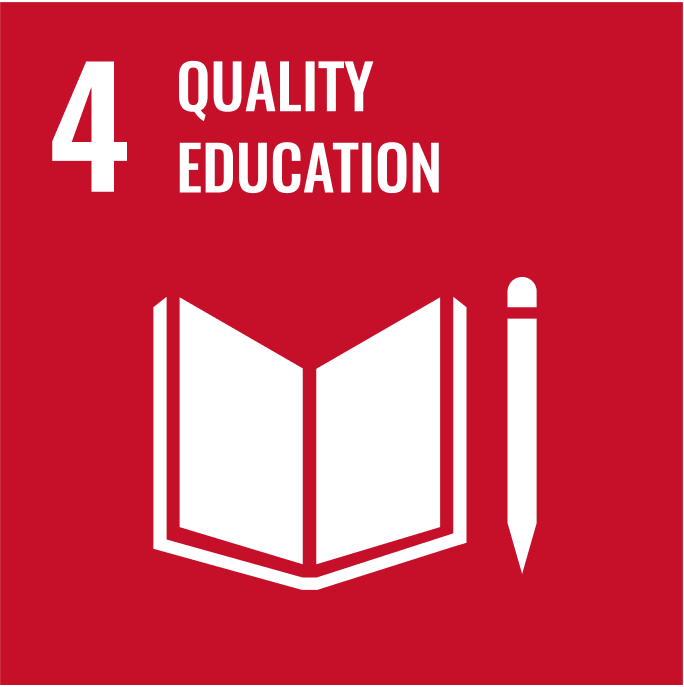 4.4
4.4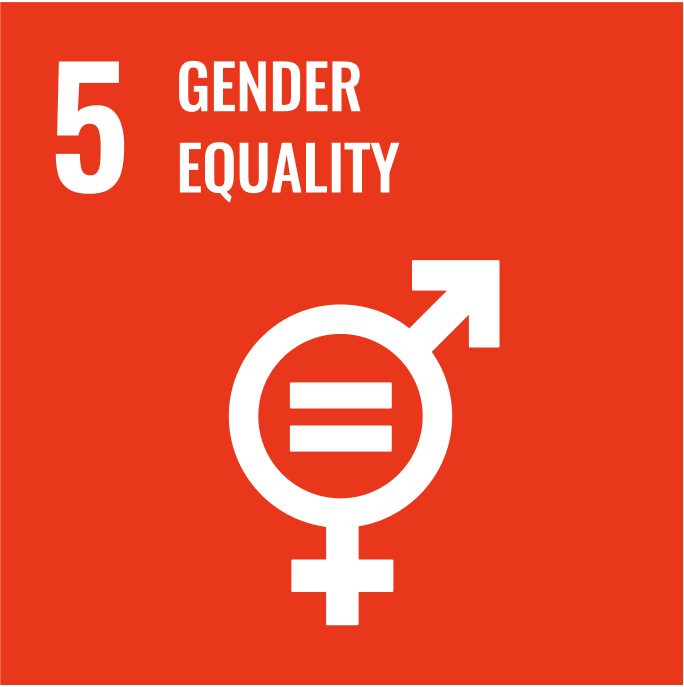 5.4
5.4 8.5
8.5
Why it is material
An organizational culture that enables all employees to confidently give full play to their abilities over the long term while finding individualized meaning in their jobs is the foundation of corporate value creation.
Action plan
- Cultivate and visualize a culture in which the Company values the human resources that it has developed
- Examine various personnel systems (including welfare) and design systems suitable for an era of contributing to increased engagement
Materiality KPIs
| Grow UP 2026 KPI Percentage of employees that feel satisfied at work*4 |
||
|---|---|---|
Reporting boundary
|
||
| Fisical 202482% | Fiscal 202670% | Fiscal 203075% |
- *4 Number of positive respondents/(number of positive respondents + number of negative respondents)
Promotion of diversity and inclusion
 4.4
4.4 5.1, 5.5
5.1, 5.5 8.5
8.5
Why it is material
Establishing a corporate culture through collaboration incorporating diverse values fosters a foundation for generating new ideas and technological innovation and creating corporate value.
Action plan
- Diversify hiring formats (methods, human resources)
- Conduct awareness-raising activities in group training
- Create opportunities for interaction between different departments and offices through internal events, training, etc. (including use of MGC Commons)
Materiality KPIs
| Grow UP 2026 KPI Number of female managerial personnel |
||
|---|---|---|
Reporting boundary
|
||
| Fisical 202444 | Fiscal 202660 | Fiscal 203090 |
Respect for human rights
 4.7
4.7 8.7
8.7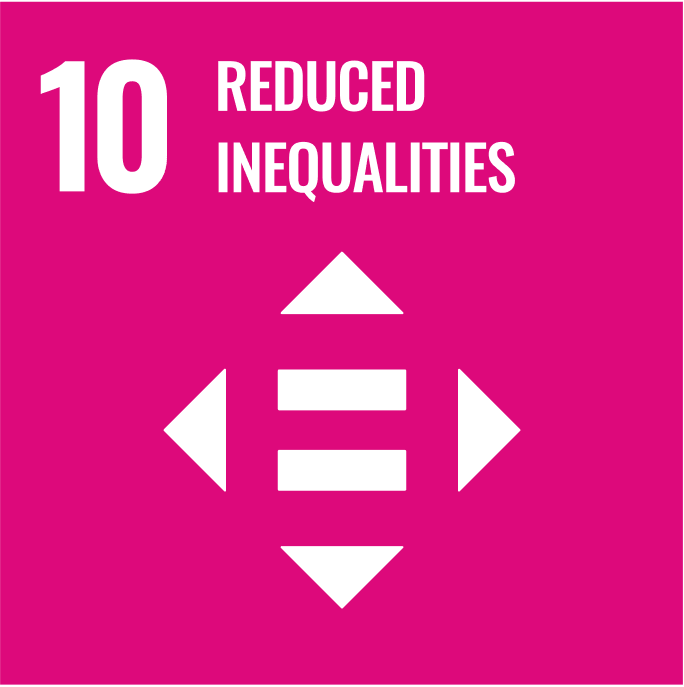 10.2, 10.3
10.2, 10.3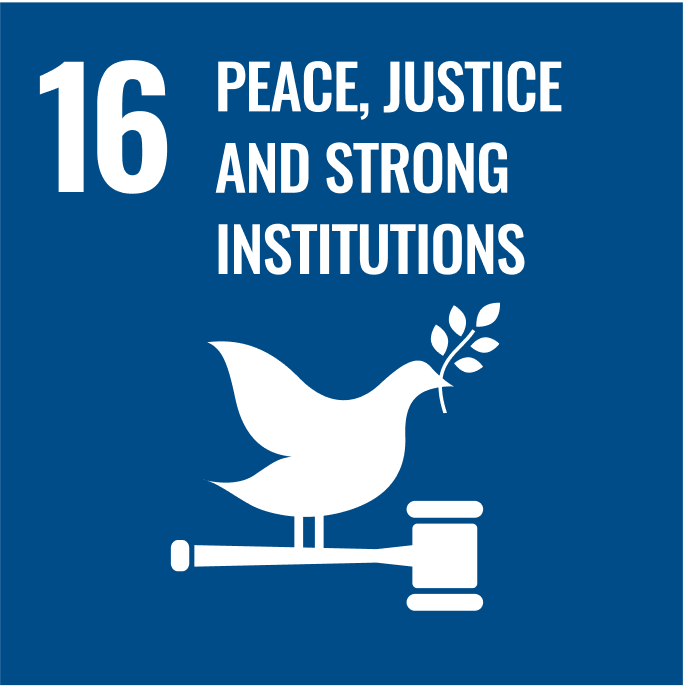 16.3, 16.10
16.3, 16.10
Why it is material
As entities conducting business activities, companies have a responsibility to avoid infringing on the human rights of others and rectifying any negative impact they have on human rights.
Action plan
- Formulate human rights policy and fully accept responsibility for respecting human rights
- Establish a human rights consultation desk to conduct appropriate remedial measures
Materiality KPIs
| Grow UP 2026 KPI Respect for human rights |
||
|---|---|---|
Reporting boundary
|
||
| Fiscal 2023-*5 | Fiscal 2026 Human rights due diligence conducted100% |
Fiscal 2030 Establish human rights management and ensure support for human rights policy by all stakeholders |
- *5 Make planned progress in accordance with the Human Rights Due Diligence Action Plan
Ensuring occupational safety and health / Process safety and disaster prevention
 3.9
3.9 8.5
8.5 11.6
11.6 12.4
12.4 13.3
13.3
Why it is material
Safety is the foundation of business activities. Companies have a societal duty to ensure safety.
Action plan
- Share examples of accidents and disasters, and utilize this information for process risk assessment
- Eliminate dangers and hazards by conducting occupational health and safety risk assessments and build comfortable workplaces
Materiality KPIs
| Grow UP 2026 KPI Serious occupational accidents*6 |
||
|---|---|---|
Reporting boundary
|
||
| Fisical 20244 | Fiscal 20260 | Fiscal 20300 |
| Grow UP 2026 KPI Serious accidents*7 |
||
|---|---|---|
Reporting boundary
|
||
| Fisical 20240 | Fiscal 20260 | Fiscal 20300 |
- *6 Accidents resulting in lost work days eligible for disability compensation, including death and permanent disability, or potential disability, and those with four or more lost work days
- *7 Accidents that threaten third parties, including those resulting in environmental pollution involving the community or that cause damage to local residents, and other accidents involving serious damage
Chemical/product quality and safety assurance
 3.9
3.9 12.4
12.4
Why it is material
Chemical/product quality and safety assurance is required by stakeholders, and the Company is responsible for providing products and services with a high degree of safety and reliability.
Action plan
- Share information through the activities of the Environment and Safety Council and provide education and support to associates from our company
- Promote Q-MGC conducted companywide and throughout the Group
Materiality KPIs
| Grow UP 2026 KPI Product liability incidents, serious*8 legal and regulatory violations, serious*8 quality issues |
||
|---|---|---|
Reporting boundary
|
||
| Fisical 20241 | Fiscal 20260(Non-consolidated + Domestic consolidated companies) | Fiscal 20300(Mitsubishi Gas Chemical Group) |
- *8 Losses over ¥1.0 billion or more
Promotion of socially responsible sourcing
 12.2
12.2 16.2
16.2
Why it is material
Companies have a societal responsibility to upgrade CSR compliance throughout their supply chains with respect to the environment, working conditions, human rights, etc.
Action plan
- Inform suppliers of the Company’s basic approach to raw material procurement activities and its CSR procurement guidelines, and conduct regular questionnaires
- Conduct evaluations based on questionnaires and multiple dialogues
Materiality KPIs
| Grow UP 2026 KPI Percentage of suppliers in agreement with Company’s basic approach to raw material procurement activities and its CSR procurement guidelines |
||
|---|---|---|
Reporting boundary
|
||
| Fisical 202481%(preliminary value) | Fiscal 202680% | Fiscal 2030100% |
| Grow UP 2026 KPI Percentage of consolidated subsidiaries required to conduct CSR procurement activities |
||
|---|---|---|
Reporting boundary
|
||
| Fisical 2024- | Fiscal 202660%(Domestic consolidated) | Fiscal 2030100%(Domestic and overseas consolidated) |
Governance
Strengthening governance and internal control/risk management/compliance
 8.7
8.7 10.2, 10.3
10.2, 10.3 16.2, 16.3,
16.2, 16.3,
16.5, 16.10
Why it is material
It is a system for developing disciplined ways to steadily execute strategies in order to bring business models to fruition and sustainably grow corporate value.
Action plan
- Conduct compliance education and awareness-raising activities
- Identify risk of compliance infringement and conduct risk assessment
- Improve awareness compliance throughout the entire MGC Group
Materiality KPIs
| Grow UP 2026 KPI Number of serious compliance violations |
||
|---|---|---|
Reporting boundary
|
||
| Fisical 20240 | Fiscal 20260 | Fiscal 20300 |
Materiality Determination Process
In April 2020, the MGC Group identified priority issues (materiality) to be addressed by management with the aim of conducting sustainability management. As activity related to sustainability is accelerating in Japan and overseas, in May 2023, we conducted a review of our materiality and added respect for human rights as a key issue.
* Please refer to Key Issues (Materiality) for the materiality and KPIs that were determined.
- Step1Identify “importance to the Company”
- To implement management strategies with a grasp of our corporate philosophy, company policies, and long-term changes in the business environment, we identified 36 issues that need to be examined by making reference to the requirements of standards, such as the GRI Content Index, ISO 26000 and SASB, the Sustainable Development Goals (SDGs), survey items from international SRI/ESG institutions, and trends among other companies.
- Step2Survey “importance to the economy, the environment, and society”
- We conducted a survey among institutional investors, customers, business partners, employees, and general monitors regarding the Group’s business activities and their impact on the economy, the environment, and society. We confirmed the importance of the 36 issues identified in Step 1 from the perspectives of stakeholders.
(Items with the highest response rates)
Institutional investors: protection of water resources; customers: prevention of pollution; business partners: process safety and disaster prevention; employees: occupational safety and health; general monitors: product safety - Step3Evaluate importance
- We evaluated the survey results in Step 2, created a materiality map using the two axes of “importance to the Company” and “importance to the economy, the environment, and society,” and determined the materiality that management should address.
- Step4Confirm appropriateness by management
- Materiality identified in Step 3 was deliberated by the Sustainability Promotion Council (composition: directors, outside directors, Audit & Supervisory Board members, outside Audit & Supervisory Board members) to confirm its appropriateness. Finally, the materiality obtained approval through resolution of the Board of Directors.
- Step5Revise identified materiality
- Materiality is subject to change in response to changes in societal imperatives and stakeholders’ needs and preferences. Materiality will accordingly be updated as needed in response to changes in society and/or the MGC Group’s business activities.
Materiality Map

13 Issues
- 1Reduction in GHG emissions
- 2Occupational safety and health
- 3Improving energy efficiency and reducing energy usage
- 4Process safety and disaster prevention
- 5Development of environmentally friendly products and technologies
- 6Development and retention of human resources
- 7Product safety and quality
- 8Respect for human rights
- 9Promotion of diversity and inclusion
- 10Increased efficiency in resource usage
- 11Reduction of industrial waste
- 12Governance and internal control/risk management/compliance
- 13Building sustainable supply chains
11 Materiality Issues
- 1Contribution to solving social issues through business
- 2Promotion of innovative R&D
- 3Proactive response to environmental problems
- 4Highly energy- and resource-efficient production
- 5Cultivating a corporate culture of job satisfaction
- 6Promotion of diversity and inclusion
- 7Respect for human rights
- 8Ensuring occupational safety and health / Process safety and disaster prevention
- 9Chemical/product quality and safety assurance
- 10Promotion of socially responsible sourcing
- 11Strengthening governance and internal control/risk management/compliance
